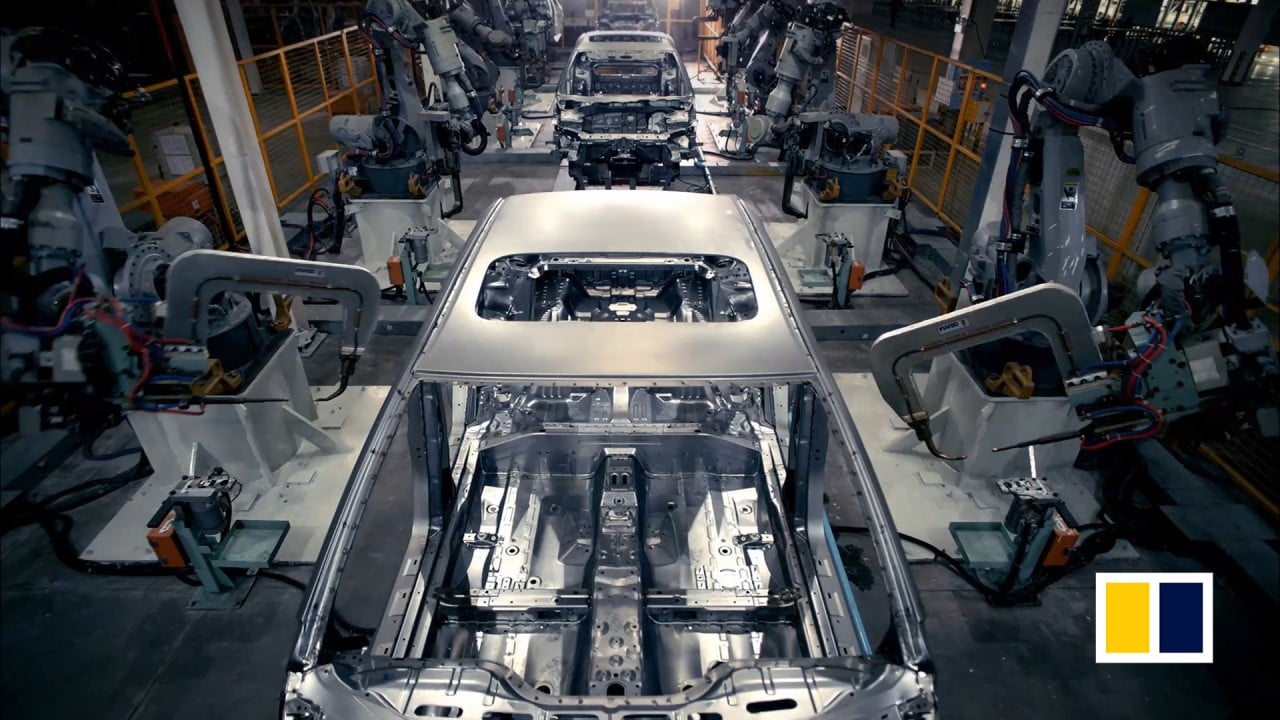
Chinese investors mock asset managers and offer advice on stock picks for cautious approach to renewables sector
- Fund managers complained on social media that investors were mocking them and threatened to redeem their investments unless they added green-economy stocks
- Some new-energy stocks were 10 times more expensive than their book values, said Yingda Securities’ chief economist Li Daxiao
Some asset managers complained on social media that fund holders were mocking them while threatening to redeem their investments unless the managers added stocks linked to the renewables sector.
In a widely circulated letter on social media, some investors advised Qiu Guolu, chairman of China’s top hedge fund firm Perseverance Asset Management, to focus on routine administrative operations, such as checking the quality of food served to his employees, instead of investing in stocks. Qiu, with 22 years of market experience, has seen his fund lose 17 per cent this year.
The episode has made Li Daxiao, the nation’s biggest stock bull, nervous. In an article posted on his microblog, the chief economist of Yingda Securities compared fund holders with patients advising doctors on how to perform surgeries.

03:26
Two sessions: How China's environmental policies are giving a boost to green industries
“When fund holders advise and threaten fund managers, it’s necessary to calculate if it’s worthwhile to exchange 1 yuan for 0.109 yuan of net assets of some sector,” Yingda’s Li wrote on his microblog.
Li used the example to highlight the lofty valuations of some new-energy stocks, saying they were 10 times more expensive than their book values.
The frenzy has boosted a gauge of EV-linked stocks by more than 60 per cent this year, adding to the aggregate gain of almost 120 per cent over the past year.
The latest push in the US for EVs has fuelled the rally further. The Biden administration is aiming for EVs to account for half of the car sales by 2030, which analysts estimate will translate into a manifold increase in market share for EV makers in the next nine years.

01:47
Behind the scenes at BYD Auto: China’s biggest electric vehicle factory
Contemporary Amperex is valued 18 times the book value, while the multiple for the Shenzhen-listed shares of BYD is 10.3 times.
Meanwhile, value investors like Perseverance Asset’s Qiu were sticking to old-economy stocks to stave off the possible risk from so-called stampede trades.
Some of the nation’s biggest brokerages such as Citic Securities and China International Capital Corp have started to strike a cautious note against the renewable-energy trade, recommending balanced investments in growth and value stocks.
“Some of the ‘white-horse’ [old-economy] stocks have already regained investment values and the volatility of growth stocks may increase given the valuation and the magnitude of gains,” CICC said in a report.

